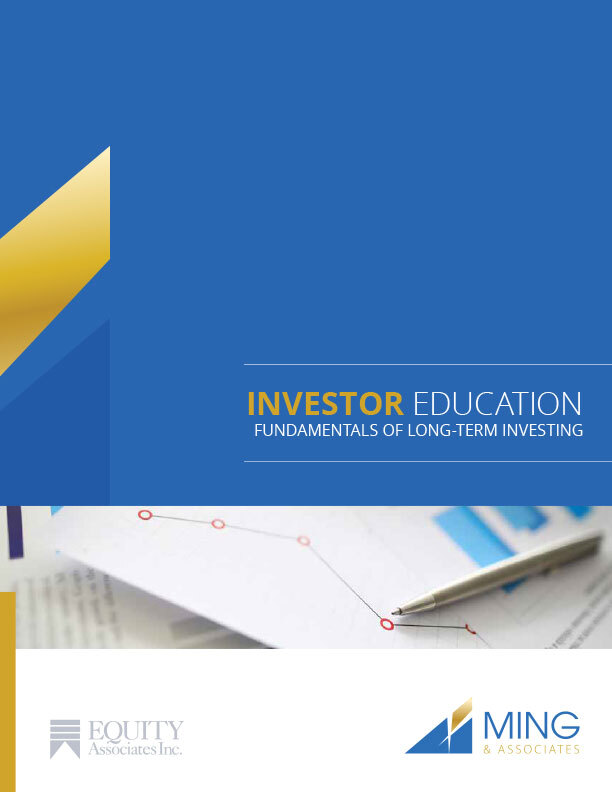The new Tax-Free Savings Account (TFSA) contribution limit for 2024 was released last month, and it is $7,000, bringing the TFSA dollar limit from $88,000 to $95,000 (assuming you were 18 in 2009).
The TFSA is an amazing account for Canadians, but for many new clients, we often discover that their TFSAs have been under utilized. What do we mean by this? Let’s look at a few aspects here;
Investment Selection & Time Frame
The true power of a TFSA is tax-free compounding of your investments, over a lengthy time frame. When compounding is given time to work, the results can be incredible. For many client retirement projections, it isn’t uncommon for us to see a combined TFSA value of $1,000,000 later in life for a retired couple.
How? Money put into a TFSA can be invested in almost any type of investment (including mutual funds, ETFs, stocks and bonds). Decisions on how to invest TFSA money are very important, as the ability to capitalize on tax-sheltered growth and compound returns over long periods of time can really add up.
Yet we often come across TFSAs using interest bearing investments (cash, GIC’s, etc) for money that is being positioned to use later in life (5+ years away), instead of being positioned in equities to take advantage of compounded (tax-free) growth.
Knowing this, you may agree that a TFSA could be considered the worst named product in the financial world. The word ‘savings’ suggests cash in a bank account earning minimal interest, where the true value of a TFSA is promoted when used as a Tax-Free Investment Account.
Retirement Planning
It is important to understand how a TFSA can fit into your retirement plan. Once you’re retired, money from your RRSP/RIF, pension, and government benefits (CPP, OAS, GIS) are all taxable income to you.
OAS and GIS specifically are reduced (or eliminated) at a certain level of taxable income each year. TFSA withdrawals later in life have no effect on your taxable income, meaning any clawback of government benefits (and your overall tax rate) may be minimized if planned properly.
We also work to maximize client’s overall income tax picture in retirement, and one way we can do that is to shift money from RRSPs/RIFs into their TFSA over time (net of income taxes of course), leading to larger TFSA balances and lower estate taxes.
Estate Planning
Lastly, it is important to understand what happens to your TFSA upon death. You can name your spouse the successor holder, meaning your account is re-named in the surviving spouses name and remains intact. Or, you can list a beneficiary which means the TFSA assets go directly to the beneficiary and do not flow through the estate (avoid probate).
It is also important to understand that in many cases, TFSA will be the last money you access in your lifetime (select investments accordingly, see above). Why? Well, a big reason is that when fully withdrawn (at death) a TFSA withdrawal is not taxable, where the balance of your RRSP/RIF is fully taxable as income at death of the second spouse.
Consideration should always be given as to how accounts impact your estate and legacy plans. For most people TFSAs should be considered a long-term investment with probably the biggest potential for asset accumulation in your lifetime.
Additional Reminders on TFSA Rules:
- Contributions made to a TFSA are made with after-tax dollars.
- Money inside a TFSA grows tax-free.
- Withdrawals are completely tax-free and can be taken any time in the year.
- If you withdraw funds, you will receive the corresponding contribution room back the next January.
- New contribution room is added each year on January 1st (increases with inflation)
- Your total contribution room depends on your age. Unsure of yours? Visit https://www.moneysense.ca/save/investing/tfsa-contribution-room-calculator/
- You can have multiple TFSAs open, but be careful not to exceed the maximum allowable contribution (cumulative, not per account) or penalties apply.

